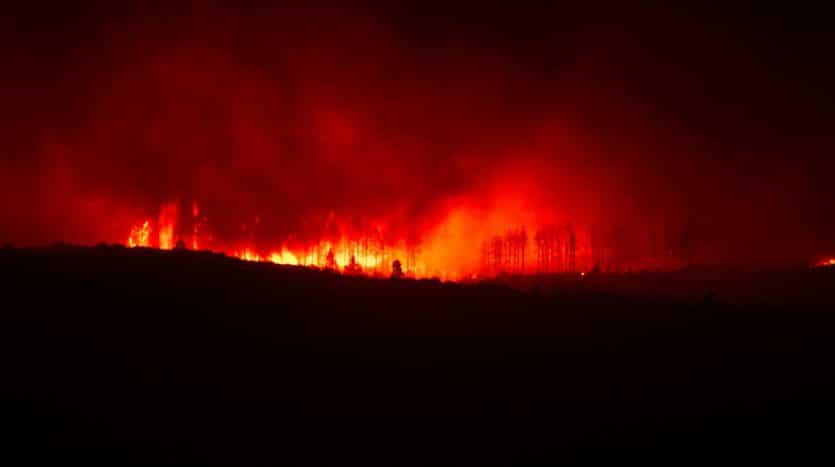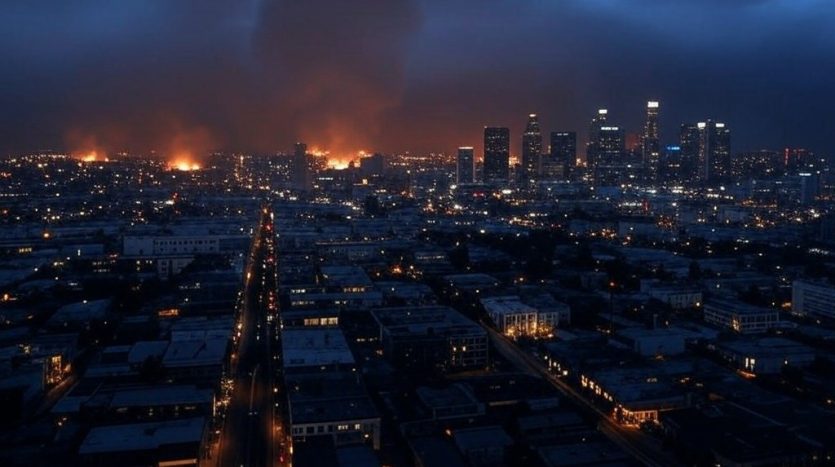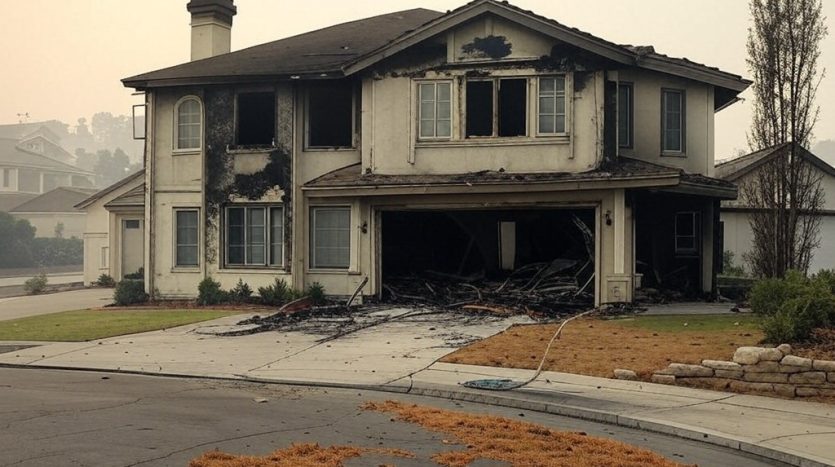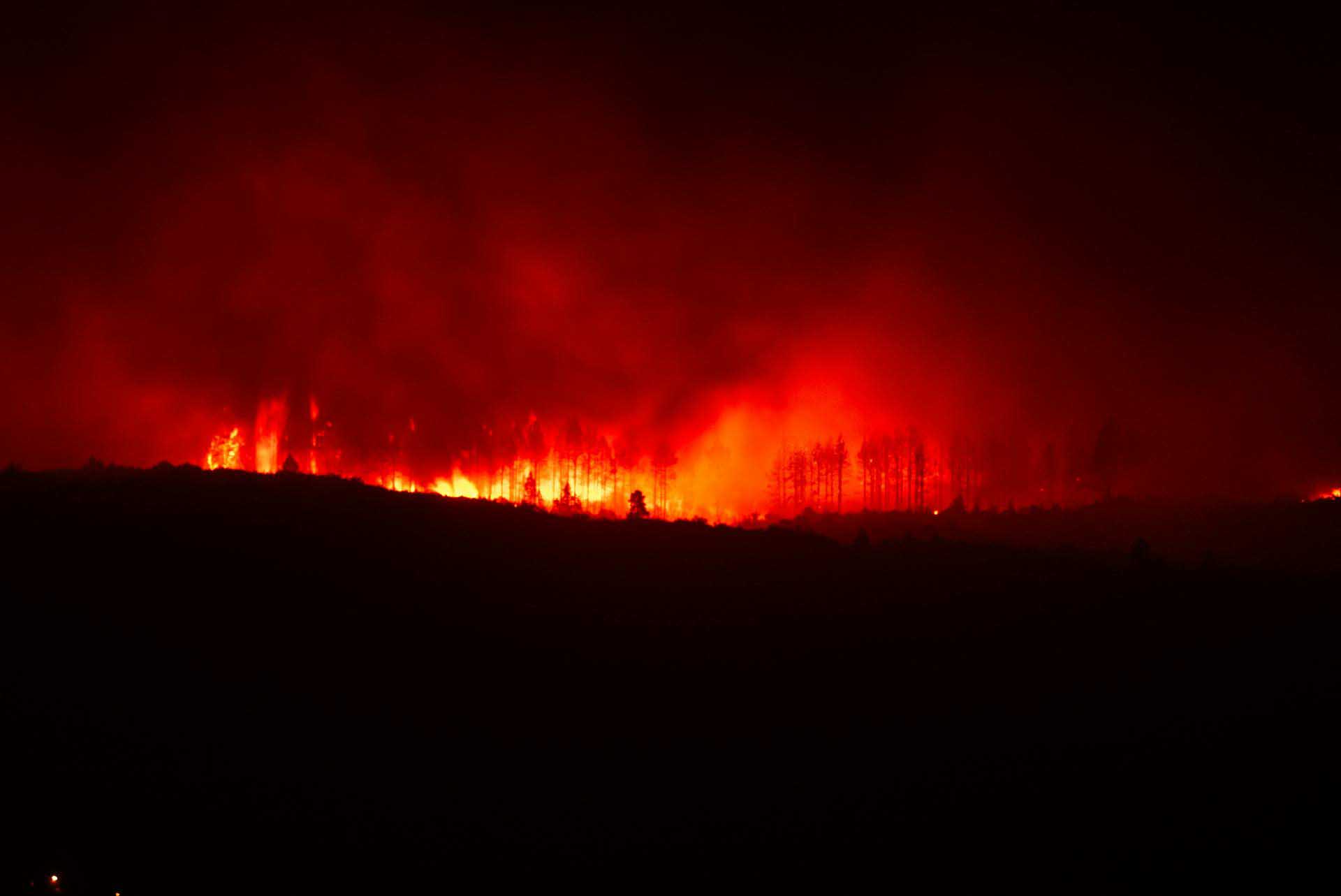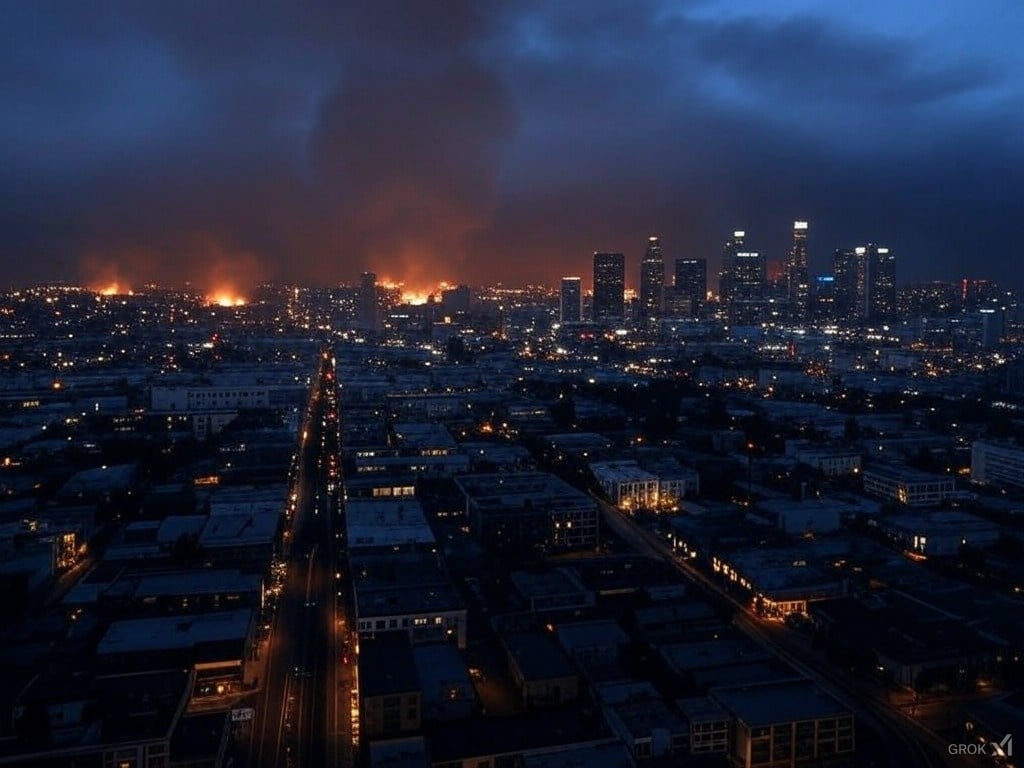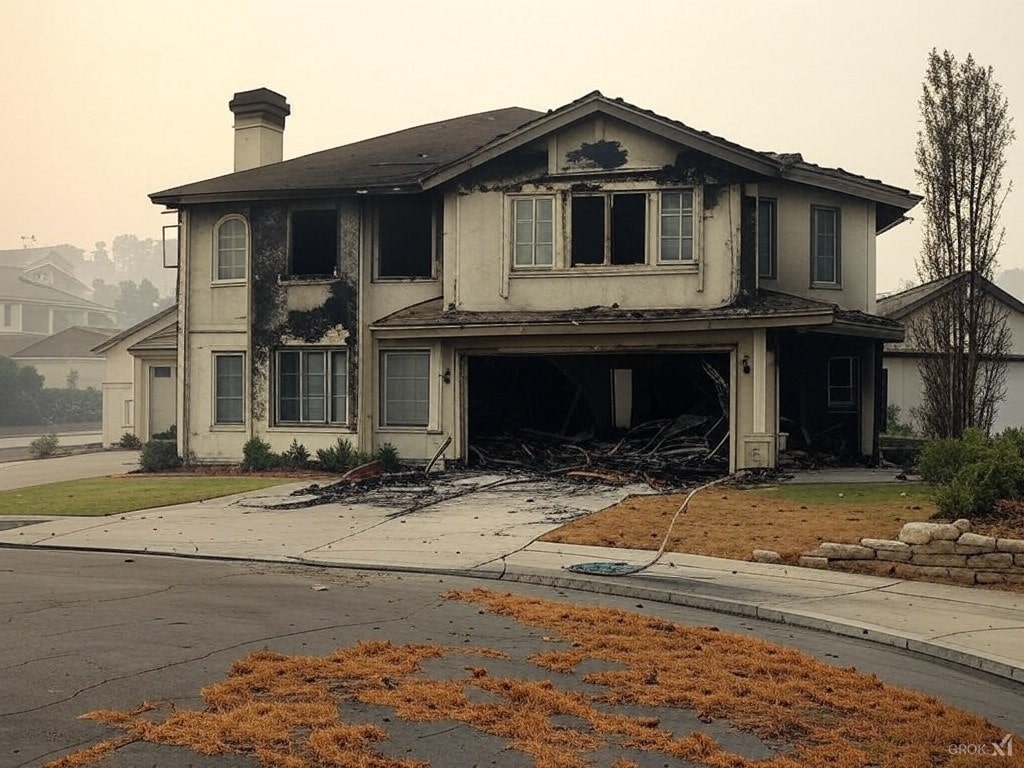Los Angeles is no stranger to wildfires. Each year, fire season leaves its mark on the region, impacting residents, businesses, and the real estate market in profound ways. From fluctuating property values to insurance challenges, the ripple effects of wildfires are significant. Here, we explore how L.A. fires affect the real estate market and what buyers, sellers, and investors should consider.
1. Decline in Property Values in High-Risk Areas
Wildfires can lead to a decline in property values, particularly in areas prone to repeated fires. Homes located near wildfire zones may see a drop in demand as buyers seek safer locations.
Key Impacts:
- Perceived Risk: Properties near wildfire-prone areas often become less desirable due to the risk of future fires.
- Rebuilding Costs: Homes damaged or destroyed by fires may take years to rebuild, reducing the overall value of affected neighborhoods.
- Market Hesitation: Buyers may hesitate to invest in properties within high-risk areas, leading to slower sales.
Example:
After a major fire, neighborhoods in close proximity to affected areas often experience slower price appreciation compared to safer regions.
2. Increased Demand in Low-Risk Areas
While high-risk areas may lose value, regions considered safe from wildfires often see a surge in demand. Buyers prioritize safety, shifting their focus to locations with lower fire risk.
Key Impacts:
- Higher Prices: Increased demand for low-risk areas can drive up property values.
- Competitive Market: Buyers may face bidding wars for properties in safer zones.
- Urban Shift: Urban neighborhoods with less exposure to wildfires often gain popularity.
3. Insurance Challenges
Insurance plays a critical role in real estate transactions, and wildfires have made securing coverage increasingly difficult and expensive.
Key Impacts:
- Rising Premiums: Homeowners in fire-prone areas face significantly higher insurance premiums.
- Policy Cancellations: Insurance providers may refuse to renew policies for homes in high-risk zones.
- Limited Options: Some homeowners must turn to state-run insurance programs, which may offer less comprehensive coverage.
Advice for Buyers:
- Always check a property’s insurance history and current premiums before making an offer.
- Factor in potential increases in insurance costs over time.
4. Shifts in Development and Planning
Wildfires have prompted changes in how and where properties are built in Los Angeles. Stricter regulations and better planning aim to mitigate future risks.
Key Impacts:
- Building Codes: New developments in fire-prone areas must adhere to stricter fire safety standards.
- Zoning Changes: Some areas may face restrictions on future development to reduce fire risk.
- Defensive Landscaping: Homes in wildfire zones are increasingly incorporating fire-resistant landscaping to minimize damage.
Example:
Communities have adopted strategies like defensible space requirements, ensuring that vegetation is managed to slow the spread of fires.
5. Psychological Impact on Buyers and Sellers
The emotional toll of wildfires influences the behavior of both buyers and sellers in the market.
Key Impacts:
- Buyer Hesitation: Wildfires can create fear and uncertainty, discouraging buyers from investing in certain areas.
- Seller Urgency: Homeowners in high-risk areas may sell at reduced prices to avoid future risks.
- Community Resilience: Some buyers value communities that have demonstrated resilience and recovery after past wildfires.
6. Investment Opportunities
Despite the challenges, wildfires can also create investment opportunities for those willing to take calculated risks.
Key Opportunities:
- Rebuilding Projects: Investors may purchase fire-damaged properties at reduced prices for renovation or redevelopment.
- Land Investments: Vacant land in wildfire-affected areas may become more affordable, offering long-term potential as recovery efforts improve safety.
- Government Incentives: Tax credits or grants may be available for rebuilding in affected areas.
Caution:
Investors should thoroughly assess the long-term risks and ensure properties are insurable before proceeding.
Final Thoughts
The impact of L.A. fires on the real estate market is multifaceted, creating challenges and opportunities for buyers, sellers, and investors alike. Understanding these dynamics is crucial for making informed decisions. Whether avoiding high-risk zones, capitalizing on redevelopment opportunities, or navigating insurance complexities, preparation is key. As wildfires continue to shape the region, adaptability and resilience will define the future of Los Angeles’ real estate market.

